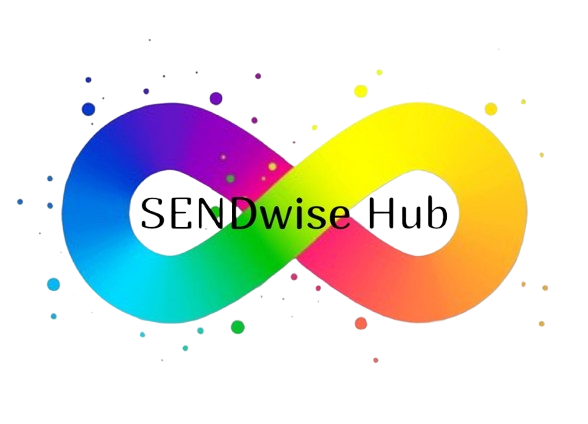Avoidance Is Not The Enemy..
Why Avoidance Can Be a Healthy and Necessary Response to Overwhelm
Avoidance often gets a bad reputation. It’s frequently framed as an unhealthy coping mechanism, a sign of weakness, or even a character flaw. But what if avoidance isn’t inherently bad? What if, instead of condemning it outright, we recognised its purpose and the nuanced ways it serves us?
At its core, avoidance is a survival strategy. When faced with overwhelming situations, whether physical, emotional, or sensory, the nervous system prioritises self-preservation. Sometimes, the best way to protect one’s mental and emotional well-being is to step away, disengage, or create distance from the source of distress. This is not failure.
It’s wisdom. It's self-awareness. It's self-advocacy.
In these moments, it is an act of recognising personal limits and respecting them. It is an intentional decision to preserve energy, reduce harm, and create the necessary conditions for regulation and recovery.
In today's world, knowing when to pause is a radical act of self-care.
For neurodivergent people, avoidance can be a necessary form of regulation. Environments that are too loud, too bright or too chaotic can be overwhelming, triggering a cascade of stress responses. Avoiding these situations isn’t about being difficult but about protecting one’s ability to function.
When avoidance is framed as a weakness, it dismisses the very real challenges that come with sensory overload, anxiety, and emotional exhaustion.
If you think about it, avoidance can provide the space needed for processing. When emotions run high or stress is mounting, taking a step back allows for perspective and self-reflection. Not every problem needs to be tackled head-on at all times.. sometimes, solutions become clear only after we’ve given ourselves permission to pause.
The problem with avoidance is not the act itself, but rather how it’s perceived and whether it becomes restrictive. Avoidance, when used thoughtfully, can be a valuable means of self-regulation, but if it leads to prolonged isolation, chronic fear, or prevents meaningful engagement with life, it may need to be gently addressed. The key is not to demonise avoidance but to understand its function, whether it is providing necessary relief and protection or creating barriers that are harmful.
Rather than forcing conformity to an arbitrary standard of engagement, the focus should be on empowering individuals to make choices that align with their well-being and that honour their needs. Avoidance should be seen as one tool among many, not an automatic flaw that must be corrected, but a signal that should be interpreted with care and compassion.
We need to reframe the narrative. Avoidance is not a moral failing. It is a tool, a strategy that, when used with self-awareness and balance, can be a powerful form of self-care. Instead of forcing people into discomfort for the sake of conformity, we should honour individual needs and recognise that sometimes, stepping back is the best way to move forward.
Thank you for reading, until next time!





